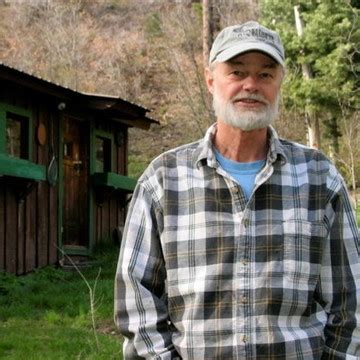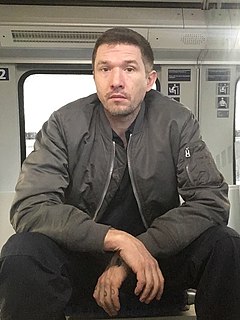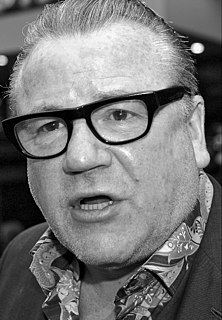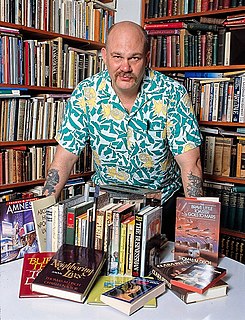A Quote by Dan Chaon
The danger in writing about a world you don't know very well is that you can get lost in it, and sometimes I'll end up with a hundred pages I don't know what to do with.
Related Quotes
I might spend 100 pages trying to get to know the world I'm writing about: its contours, who are my main characters, what are their relationships to each other, and just trying to get a sense of what and who this book is about. Usually around that point of 100 pages, I start to feel like I'm lost, I have too much material, it's time to start making some choices. It's typically at that point that I sit down and try to make a formal outline and winnow out what's not working and what I'm most interested in, where the story seems to be going.
When you're on a daytime drama you get one page, you better damn well know your character. You better know what she would do in every situation because it's a very, very fast paced business. You do ninety pages a day on a Soap Opera. It's insane. It's such a small world, the soaps. It's all contained in one little studio.
Like a lot of us, sometimes I'm preaching to the choir, and sometimes my voice doesn't even get heard at all. Sometimes I think that what I'm writing now might not even have an impact for the next three or four generations. Sometimes I sit there and write, and I think, "It'll be two hundred years before they get what I'm writing about."
I know I'll keep writing poems. That's the constant. I don't know about novels. They're hard. It takes so much concentrated effort. When I'm writing a novel it's pretty much all I can do. I get bored. It takes months. Movies do the same thing. It's all-encompassing. It feels like I'm going to end up writing poems, short stories and screenplays.
The thing that helps me do a good job is that I don't feel the need to explain everything about the world to my reader. I'm not writing a history text on the Four Corners. I'm telling a story that's set there. The setting belongs in the background for the most part, and it's easy for fantasy authors to forget that. That's one of the unfortunate parts of Tolkien's legacy, in my opinion. Read the first hundred pages of the Fellowship of the Ring and you start to get pissed, "Shut up about the Shire's museums! Isn't the world supposed to be in peril or something?"
In the end all books are written for your friends. The problem after writing One Hundred Years of Solitude was that now I no longer know whom of the millions of readers I am writing for; this upsets and inhibits me. It's like a million eyes are looking at you and you don't really know what they think.
When I was fifteen I wrote seven hundred pages of an incredibly bad novel - it's a very funny book I still like a lot. Then, when I was nineteen I wrote a couple hundred pages of another novel, which wasn't very good either. I was still determined to be a writer. And since I was a writer, and here I was twenty-nine years old and I wasn't a very good poet and I wasn't a very good novelist, I thought I would try writing a play, which seems to have worked out a little better.
Sometimes when you write something, you have that day when you start writing and you feel really good, and you start changing it. At the end, it lost the essence. It lost the first idea, the energy that it had, it's going down after every change. And at the end it's something soft and too much rewritten or too much rebuilt that doesn't have the same energy as the beginning. So, I like the first takes because of that, you know. It has that first energy that sometimes it's difficult to recreate.





































